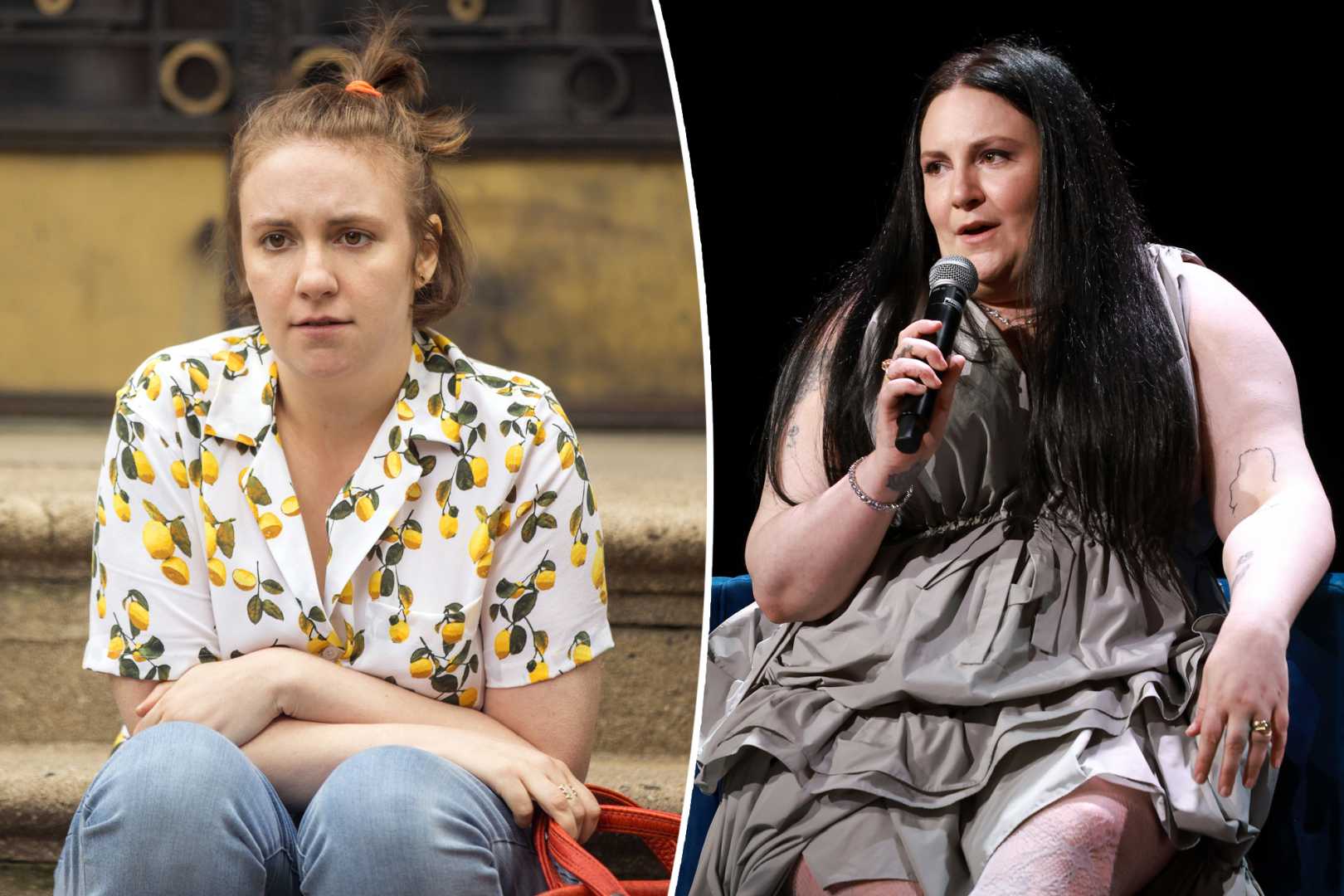Entertainment
Lena Dunham Reflects on Diversity Criticism of ‘Girls’ After More Than a Decade

LOS ANGELES, CA — Lena Dunham, creator of the hit HBO series ‘Girls,’ reflects on the show’s lack of diversity more than a decade after it first aired. In a recent interview, Dunham acknowledged that the show’s title could mislead viewers into thinking it represented the experiences of all women.
During her discussion, Dunham stated, “I think one of the profound issues around ‘Girls’ was that there was so little real estate for women in television [then] that if you had a show called ‘Girls,’ which is such a monolithic name, it sounds like it’s describing all the girls in all the places. And so if it’s not reflecting a multitude of experiences, I understand how that would be really disappointing to people.”
‘Girls’ ran from 2012 to 2017 and starred primarily white actors, including Dunham, Allison Williams, Jemima Kirke, and Zosia Mamet. The show received criticism for not accurately representing the diverse demographics of New York City.
In her 2012 defense of the series, Dunham, who identifies as half-Jew and half-WASP, explained her intention to avoid “tokenism in casting.” She reasoned that if one of the main characters were a person of color, it could misrepresent the specific cultural experiences she felt she couldn’t authentically portray.
Now, with her new Netflix series ‘Too Much’ set to premiere on July 10, Dunham emphasizes the importance of diversity both in front of and behind the camera. “As a producer, one of my goals is to bring a lot of different voices into a position where they can tell their story,” she said.
‘Too Much’ features Megan Stalter as Jessica, a New Yorker who moves to London after a breakup. The show aims to explore diverse narratives and experiences, a shift from her previous work on ‘Girls’.
Dunham has expressed appreciation for the discussions surrounding ‘Girls,’ noting its role in her growth as a storyteller. As she looks ahead to her new series, she remains committed to ensuring a more inclusive portrayal of diverse voices in her projects.












